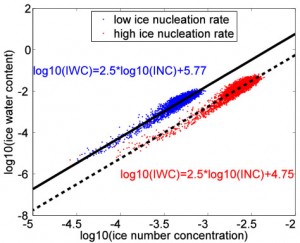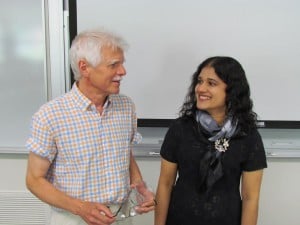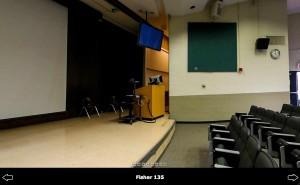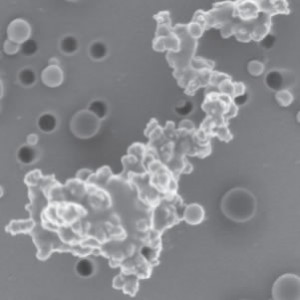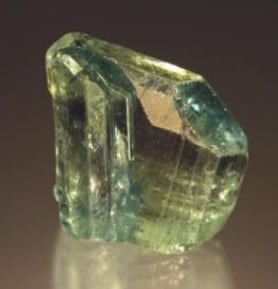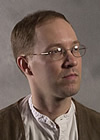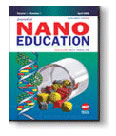 Professor John Jaszczak (Physics), former undergraduate student Echoe Bouta, and Professor of Practice Mary Raber (Institution for Interdisciplinary Studies) published a paper “Nanotech Innovations Enterprise at Michigan Technological University” in the latest edition of Journal of Nano Education, which is a special issue commemorating ten years of National Science Foundation funding of Nanotechnology Undergraduate Education programs.
Professor John Jaszczak (Physics), former undergraduate student Echoe Bouta, and Professor of Practice Mary Raber (Institution for Interdisciplinary Studies) published a paper “Nanotech Innovations Enterprise at Michigan Technological University” in the latest edition of Journal of Nano Education, which is a special issue commemorating ten years of National Science Foundation funding of Nanotechnology Undergraduate Education programs.
From Tech Today.
